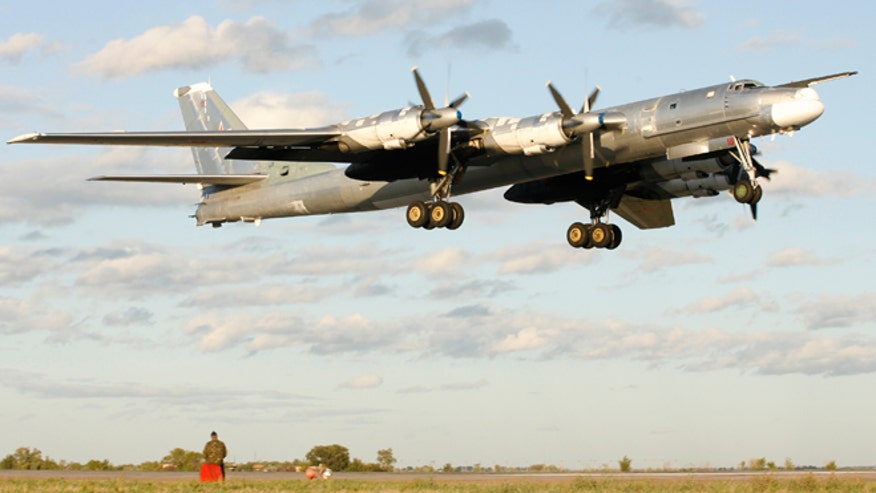The
Dodoma University Vice Chancellor Professor Idris Kikula and Rutgers
University Chancellor Richard Edwards.

The signing of Memorandum of Understanding
between the two universities on academic partnership during a brief and
colorful ceremony held at New Jersey Rutgers University campus
yesterday.

The signing of M.O.U was after the speech, President
Dr.Jakaya Mrisho Kikwete delivers his public lecture on “The role of
Academic Partnerships in Finding Solutions to Global Challenges and
Advancing Tanzania’s Priorities,” at Rutgers University in New Jersey
United States yesterday.
Kikwete opened up about the problems facing Tanzania, as well as the role of global partnerships in solving the challenges, at the event sponsored by the Center for Global Advancement and International Affairs and Center for African Studies.
“I am happy that the discussion is not whether international partnerships are important or not, but the discussion is how we can create this partnership in a manner that they are effective and efficient in addressing global challenges,” he said.
Kikwete has held his position since 2005, after serving as a Minister for Foreign Affairs for 10 years and as Finance Minister from 1994 to 1995.
One issue that Kikwete has strived to get the ball rolling on is the field of research and development in Tanzania.
“If we want to accelerate the pace of development, we have to do more in areas of science and tech, in areas of research,” he said. “[These are] areas where I found we were not doing well.”
After being elected president, Kikwete visited all the research institutions in the country and was shocked to discover that the institutions had hired no personnel in 10 years.
Kikwete opened up about the problems facing Tanzania, as well as the role of global partnerships in solving the challenges, at the event sponsored by the Center for Global Advancement and International Affairs and Center for African Studies.
“I am happy that the discussion is not whether international partnerships are important or not, but the discussion is how we can create this partnership in a manner that they are effective and efficient in addressing global challenges,” he said.
Kikwete has held his position since 2005, after serving as a Minister for Foreign Affairs for 10 years and as Finance Minister from 1994 to 1995.
One issue that Kikwete has strived to get the ball rolling on is the field of research and development in Tanzania.
“If we want to accelerate the pace of development, we have to do more in areas of science and tech, in areas of research,” he said. “[These are] areas where I found we were not doing well.”
After being elected president, Kikwete visited all the research institutions in the country and was shocked to discover that the institutions had hired no personnel in 10 years.







 https://www.blogger.com/blogger.g?blogID=49682732471880327#editor/target=post;postID=1551440270116920928
https://www.blogger.com/blogger.g?blogID=49682732471880327#editor/target=post;postID=1551440270116920928 






 The Los Angeles-class, fast attack submarine USS Hampton (C) sits moored
alongside the submarine tender USS Frank Cable (L) during a visit to
Hong Kong on May 17, 2011. China is researching and deploying systems to
fight U.S. submarines
The Los Angeles-class, fast attack submarine USS Hampton (C) sits moored
alongside the submarine tender USS Frank Cable (L) during a visit to
Hong Kong on May 17, 2011. China is researching and deploying systems to
fight U.S. submarines


